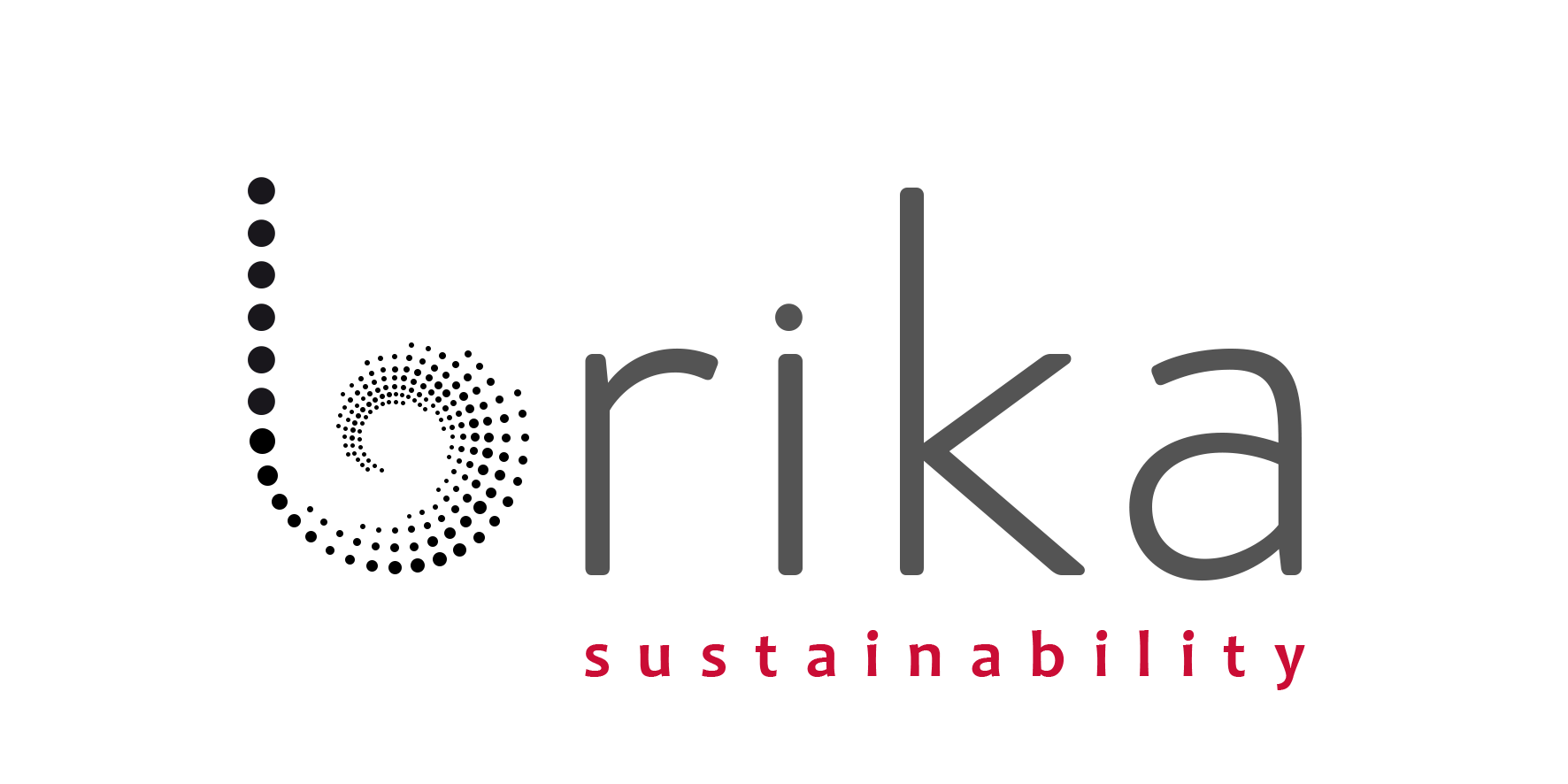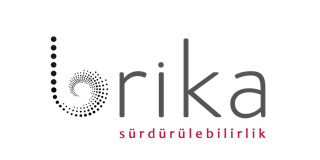Sustainable Buildings Interview with Europe Real Estate
Thought Leaders
Gulin Yucel, Sustineo Istanbul
Sustineo Istanbul is a social entrepreneurship dedicated to environmental, social, and corporate governance sustainability which mobilizes and supports the business world, policy makers, and communities in adopting the principles of sustainability. Gulin Yucel, Partner at Sustineo Istanbul talks about the implementation of ‘green principles’ in Turkey and about Sustineo Istanbul’s actions towards a sustainable future.

– See more at: http://europe-re.com/gulin-yucel-sustineo-istanbul/46471#sthash.PJR2kAkJ.dpuf
How is Sustineo supporting/promoting the principles of sustainability in Turkey?
Sustineo Istanbul’s mission is to promote the right definition of sustainability. Moreover, we aim to be a leader facilitating the translation of abstract sustainability concepts into tangible actions for all types of organizations (businesses, governmental agencies, and non-profit organizations).
We do this by informing, inspiring, and helping leaders to integrate sustainability in the core of their operations. We bring in business intelligence on sustainability concepts, help to plan for a specific ‘sustainability agenda’, and execute with precision and integrity, to ensure a healthy transition and transformation.
We believe that the business world, primarily the big corporations, will be leading the way for the sustainability transformation. Planetary boundaries and social risks are causing businesses to lose a lot in terms of monetary and non-monetary (prestige, respect, etc.) benefits, and hence threaten their survival.
On the other hand, if planned carefully and innovatively, there might be significant savings and new opportunities for businesses. Our role at Sustineo Istanbul is to be able to demonstrate businesses risks and opportunities, measure the impact, help them to develop their own plan, and manage the change.
Is there a certain sector more prone to adopting the ‘green’ principles?
In theory, there is no sector that is more prone to adapting the ‘green’ principles; the benefits and risks apply for all sectors. In practice, the adoption of ‘green’ building principles varies. We see the education sector (private) adopt the ‘green’ building standards in their campuses and sites. Currently, we see private universities advertising their ‘green’ campus facilities. This is not surprising and, if we consider that the clientele is young people who care about environmental and social issues, this is very promising.
We also see large corporations, mostly global companies, asking for ‘green’ building standards as part of their operational standards. We see some ‘green’ museums and public buildings. Despite some private real estate projects with ‘green’ building standards, there seems to be no appeal from mass consumers as yet.
In your opinion, what are the main implementation issues when ‘going green’?
The major issues when ‘going green’ in constructions in Turkey primarily relate to the lack of regulations on standards (carbon-emissions, energy efficiency, healthy living, materials, waste and water management) as well as the lack of demand from mass, corporate, and public customers.
When regulations are lacking, the intent of developers and investors for building ‘green’ does not go beyond ‘having the credentials for high value and high quality’. Furthermore, this is a worldwide dilemma since investors have the final say around profit maximization and hence developers are trying to decrease costs to a minimum. This is one of the biggest hurdles for ‘green’ buildings as a common standard, as they might bear a cost uplift of 10-20% initially. Neither investors, nor developers have a motivation for operational cost savings that ‘green’ buildings offer during their lifetime.
From the other end of the spectrum, consumer awareness and demand should be there for ‘green’ constructions. Despite the current lack of ‘green’ constructions in Turkey, we have hope that the ‘conscious’ youth will kick off this demand in the next 5-10 years. Moreover, The Union of Chambers of Turkish Engineers and Architects (UCTEA), Chambers of Commerce, TGBC, and other organizations should be working actively in this mutual effort to increase consumer awareness around ‘green’ buildings.
Compared to other major European cities, how does Istanbul rank as a sustainable city?
Despite our wishes, Istanbul ranks low as a sustainable city when compared to its European peers. Being a coastal city located on an earthquake zone, we see a lack of measures and execution failing to meet the requirements of sustainability.
Concerning wastewater, only 28% is after biological treatment, and 5% is reclaimed and reused. (*)
There is little management of storm water; only a small percentage is collected and transported to sewage plants, and the rest is discharged to coastal environments with little filtration. (*)
Major water resources (Istranca, Melen) are not natively located in Istanbul and this requires a lot of pumping energy to bring it to use for the city.
Again, there is no ‘green’ standard or regulatory law for sustainable buildings. The effect is reinstated when we take into account the massive urban renewal going on in the City but the current law (Urban Regeneration Act) does not address any compulsory ‘green’ standard.
On the other hand, the European Union developed the ‘Action Plan Of The Lead Market Initiative In The Area Of Sustainable Construction’ in 2007, “as an integrated life-cycle oriented approach that involves environmental concerns, users’ health aspects, and issues of convenience” and despite variations on country/province basis, this has been executed by regulations, and standards since then. For Istanbul, we should work to adopt a similar approach.
Is there more investment in sustainability compared to five years ago?
Although we do not have any data available to support our view, we believe so. Compared to five years ago, there is rising awareness and adoption of sustainability principles from both the private, and the public sides.
What are some sustainable trends to look out for in 2014 and what do you as Sustineo Istanbul intend to do?
Sustainability has started to be discussed, and is entering the agenda of top executives in Turkey for a couple of years now. We believe that more businesses will move from ‘awareness’ to ‘taking action’ in 2014.
At Sustineo Istanbul, our mission is to be thought leaders for Sustainable Development and Sustainable Business in Turkey. We work with organizations, universities, civil society, as well as businesses, to progress in all aspects. In 2014, we will continue to work with all parties and help businesses with their sustainability planning and execution.
(*) Data by Prof. Orhan Yenigun, Bogazici University, June 2014
– See more at: http://europe-re.com/gulin-yucel-sustineo-istanbul/46471#sthash.PJR2kAkJ.dpuf



